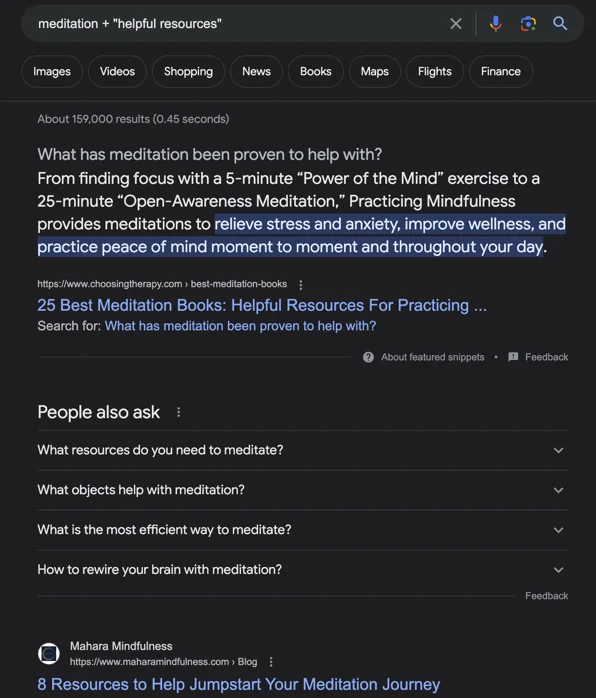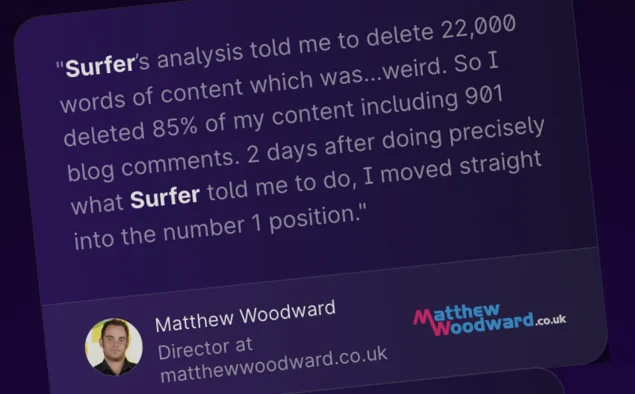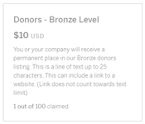
How to Improve Your SEO Through Smart Link-Building Strategies
How to Improve Your SEO Through Smart Link-Building Strategies
Matthew Woodward • November 15, 2023
Ranking at the top of search engine results pages is the endgame for many marketers who are employing SEO strategies. A big reason for this is that on the first page of search results, the first five organic results account for about 70% of clicks. That’s huge.
One of the best ways to position your site to work its way up the rankings? Strong backlinks.
That’s why I’d like to show you three unique link-building strategies that can boost your backlink profile and improve your search rankings. But before we do that, let’s define link building.
What Is Link Building?
Link building is the process of gaining hyperlinks that point back to your site from another website. These hyperlinks are called backlinks.
Search engines like Google view backlinks as endorsements from other sites. In other words, other sites think your content is so valuable that they’re willing to send their audiences to your website. So, if your site gets backlinks from relevant, high-quality sources, Google will see your website as an authority.
For example, in a blog post, Ahrefs linked to my “Easy Wikipedia Link Building” article. Because Ahrefs is a high-authority website, my article was propelled higher to the top of search results.
Why Is Your Backlink Profile Important?
While gaining backlinks is essential, it’s not enough to gain backlinks from just any website. You need to focus on building a strong backlink profile.
But just what is a backlink profile? Essentially, it’s the total number of backlinks that lead back to your website. A strong backlink profile has:
- Natural links.
- Authoritative links.
- Varied anchor text.
- Links from related sites.
- Links from a diverse group of relevant sites.
- Follow links.
If you want to view some examples of websites with strong backlink profiles, look at the sites ranking on the first page of Google. Use these examples as guides on building a website with a strong backlink profile.
3 Effective Link-Building Strategies
One of the most common link-building strategies is guest posting in publications or industry blogs. This approach involves sharing valuable, relevant content with a wider audience. And you can go one step further by naturally including a helpful, educational link back to your own site to further educate and engage with that audience. If you’re using this strategy, just be sure your top priority is sharing high-quality content that benefits readers. Links should be secondary.
But guest-contributed content isn’t the only approach content marketers can use to build strong link profiles and improve their search rankings. Here are three more link-building techniques you can employ:
Resource page link building
Resource page link building is the process of getting your website listed on a resource page: a site that has all the tools, guides, and articles the site owner finds useful. Here’s an example from our site.
To build backlinks by being featured on resource pages, you need to:
1. Find resource pages.
Go to Google and search for relevant terms:
- Keyword + inurl:links
- Keyword + “useful resources”
- Keyword + “helpful resources”
- Keyword + inurl:useful links
- Keyword + “useful links”
For example: If I wanted to find resource pages from a meditation blog, it would look like this:

Once you’ve performed your search, look through the results and select any URLs that are relevant to your website. Input all of these URLs into a spreadsheet.
2. Pitch your content.
To pitch your content, select a URL from your spreadsheet and reach out to the website owner or manager. Ask the decision maker to include your content on the resource page.
Here’s my approach to getting added:
- First, send an outreach email.
- Second, pivot the conversation to focus on the link placement.
Generally, the more websites and people you ask, the more backlinks you’ll gain. Just make sure the content you’re asking these sites to link to is actually good content that provides value for them as well. If you have high-quality content, you can earn many resource page backlinks because you have insightful, helpful insights to share.
Just remember that the more personal you can make this outreach, the better. Reaching out with a templated approach and not customizing your email at all is a recipe for failure. But during your customization, avoid small talk. The people you’re reaching out to don’t need to know that you really like an article of theirs. Directly make your case as to why they should link to your site, and then ask for it.
Testimonial link building
Did you know that you can build powerful homepage backlinks with testimonials?
Consider companies or vendors you’ve worked with. Did any blow you away with their customer service or products? Those might be great candidates for a testimonial.
So, how do you build strong and powerful backlinks via testimonials?
1. Generate a list of targets.
What companies have you worked with that offer exceptional products or services? Make a list! Just keep a few things in mind. The company should:
- Be relevant to your niche.
- Have existing testimonials.
- Be a product or service you actually use.
2. Find the right person to pitch to.
A lot of websites have contact forms. However, you can use tools like FindThatLead or Hunter to find the blog manager or owner’s email. Include all these email addresses in a spreadsheet.
3. Send your testimonial pitch.
Before writing your testimonial, pitch the idea to the company first. In your pitch email, include:
- An introduction.
- How the product, service, or tool has helped you.
- Specific results you’ve gained.
- A request to put together a testimonial to be posted on the company’s site.
Make sure you keep your email as simple as possible.
4. Write the perfect testimonial.
Once you get the go-ahead, craft your testimonial. In your testimonial, make sure to include:
- What you like the most about the product, service, or tool.
- How it has helped you.
- Specific results you’ve gained.
- Your personal recommendation.
Here’s an example of a testimonial I wrote for Surfer:

Crowdfunding
Building backlinks by supporting someone who is raising money for a project via crowdfunding is one of the most little-known — but effective — link-building strategies. You can gain backlinks from crowdfunding through:
- Donor links, which are backlinks from pages publishing the details of their donors.

- Package links, which are backlinks you gain by donating a certain amount of money.

To begin:
Find crowdfunding sites that include backlinks.
Many crowdfunding sites are out there. For the sake of this example, I’ll show you how to find crowdfunding projects via Indiegogo.
First, do a simple Google search with these keywords:
- Site:[indiegogo.com] inurl:projects + “link to you”
- Site:[indiegogo.com] inurl:projects + “donor page”
Sift through the results to find projects that let you add your details to the donor page or offer links in exchange for your donation.

The importance of link building in SEO can’t be overstated. It’s one of the best things you can do for your SEO strategy. Backlinks are viewed as endorsements and votes of confidence in the eyes of search engines. That’s why the more backlinks you have from high-quality sources, the better. You’ll be recognized as an authority in your niche, and you’ll rank higher on search engine results pages.
So, what are you waiting for? If you’re ready to get started on your link-building journey, try out one of these strategies today.

